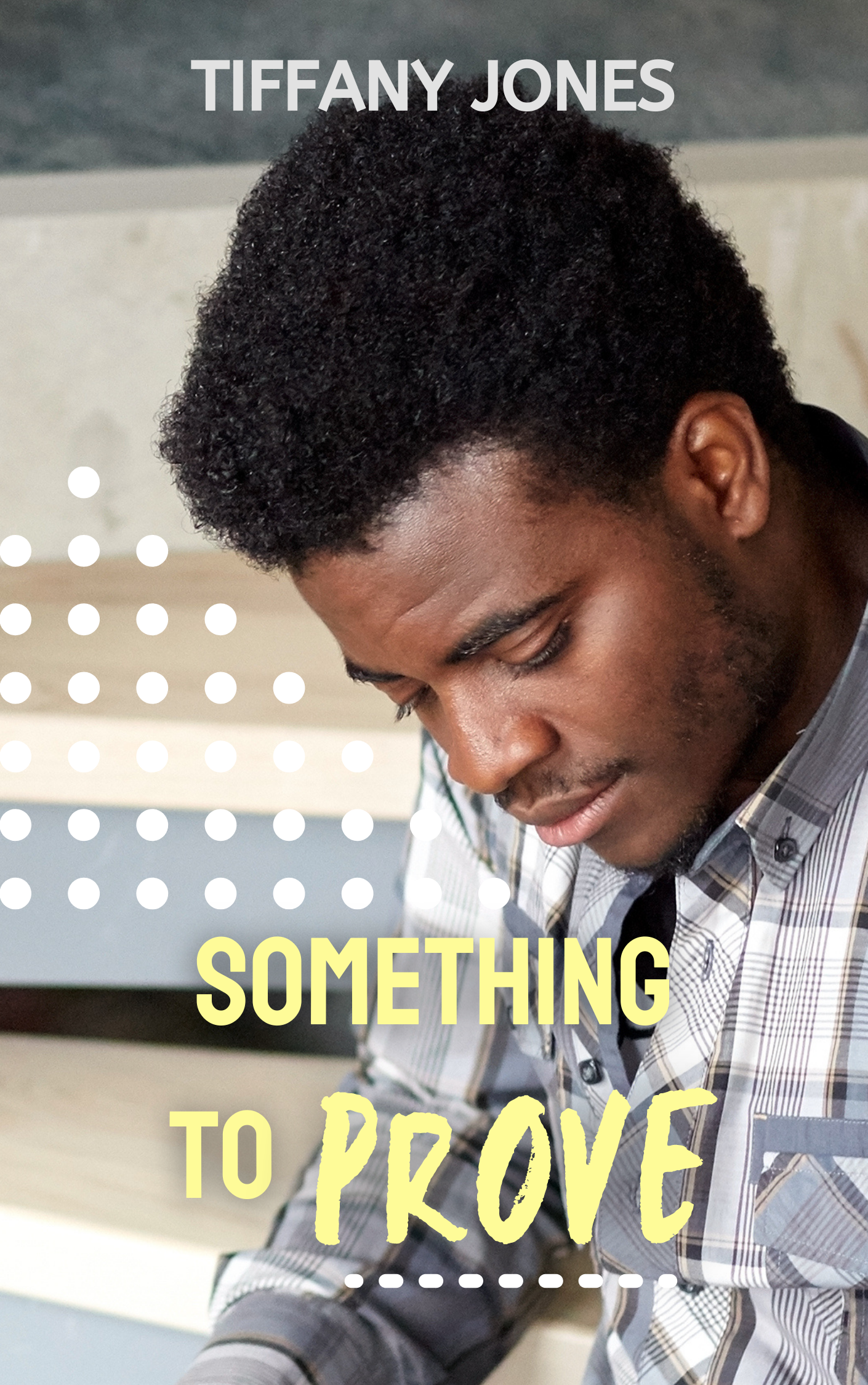You Are Reading
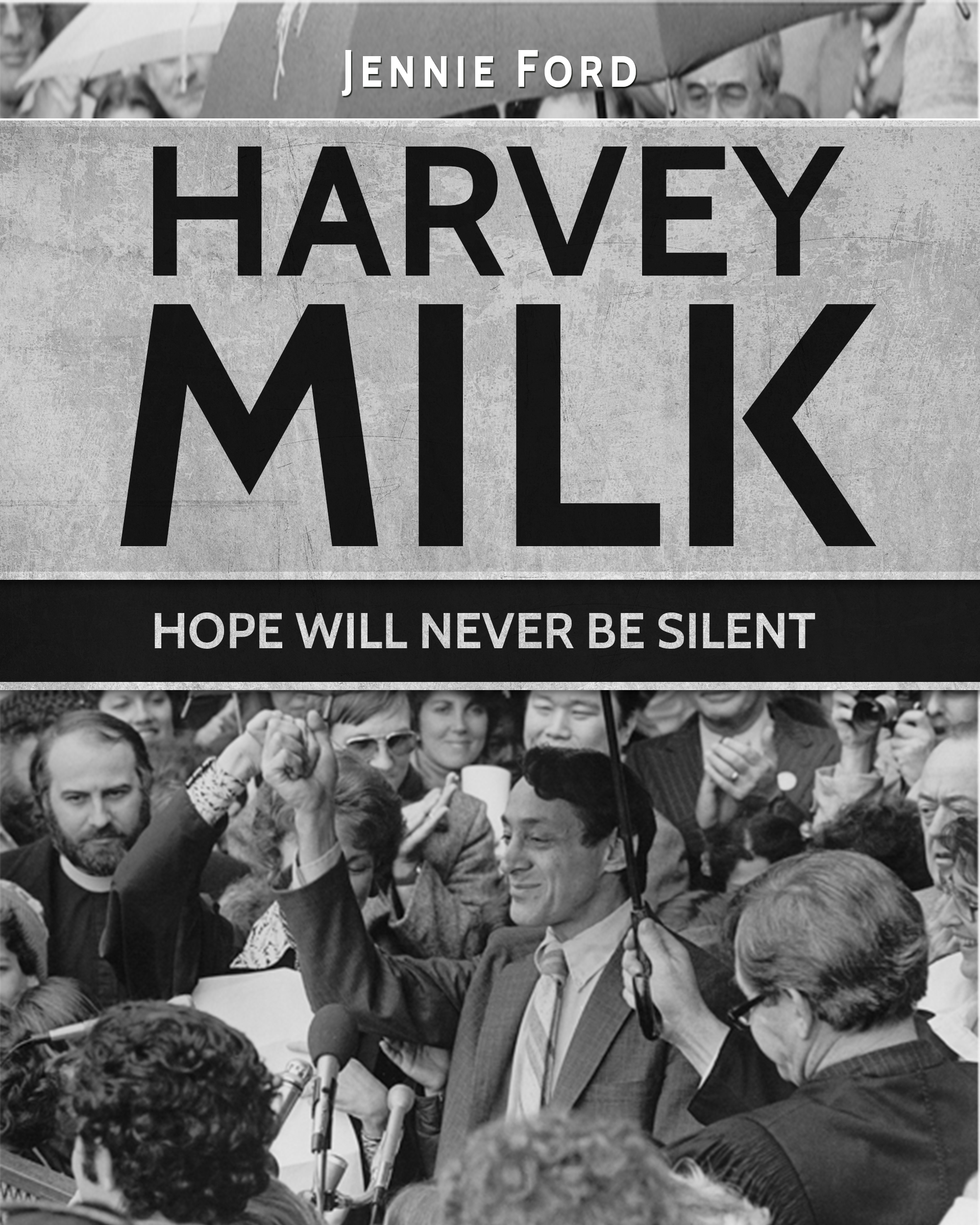
Age: High School
Reading Level: 5.9
- Cov
- Title
- 1
- 2
- 3
- 4
- 5
- 6
- 7
- 8
- 9
Harvey Milk: "hope Will Never Be Silent"

Prologue
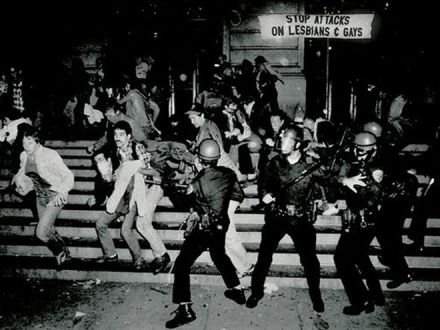
In April 1952, The American Psychiatric Association listed homosexuality as a sociopathic personality disorder.
In April 1953, President Dwight D. Eisenhower signed executive order 10450, banning homosexuals from working for the federal government. The order listed homosexuals as security risks, along with alcoholics and neurotics.
Prior to 1962, being homosexual was illegal in every state.
Chapter One
Harvey Bernard Milk was an American politician and civil and human rights activist. He became one of the first openly gay officials in the United States in 1977. He won a hard-fought seat on the San Francisco Board of Supervisors. He not only fought for LGBT issues, but also for women, racial and ethnic rights, and the elderly and disabled. He battled for social changes in education, public transportation, childcare, and low-income housing.
Harvey Milk believed in the American dream for all people.
"All men are created equal. No matter how hard they try, they can never erase those words. That is what America is all about." - Harvey Milk
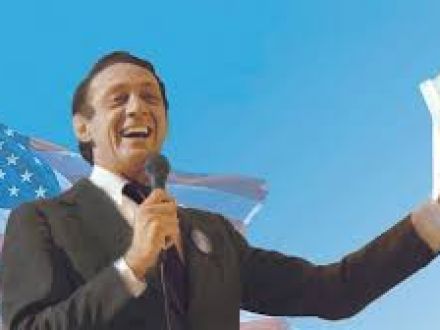
Chapter Two
"All young people, regardless of sexual orientation or identity, deserve a safe and supportive environment in which to achieve their full potential." - Harvey Milk
Harvey Bernard Milk was born on May 22, 1930, in Woodmere, New York. His parents were both of Lithuanian heritage. They were well-known in their community for founding a Jewish synagogue.
By his early teens, Harvey was already aware of his homosexuality, but kept it to himself, as he did for most of his life. In high school, he was popular and active in sports and was considered a class clown.
In 1947, he entered New York State College for teachers and earned his degree in 1951.
He followed in his parents' footsteps and joined the Navy and served from 1951 to 1955. He was a chief petty officer on a submarine rescue ship during the Korean war.
He reached the rank of junior lieutenant before he was forced to resign in 1955 because of his sexual orientation.
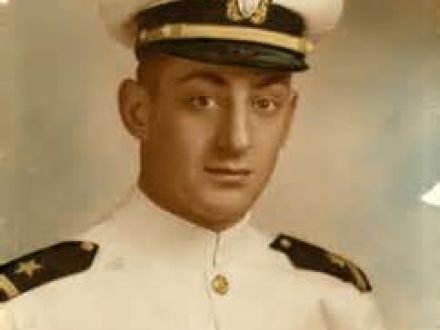
After his time in the Navy, Harvey began working as a public school teacher in New York. While in New York, he also worked as a stock analyst and a production associate for Broadway musicals.
During the 1960's and 70's, Harvey became more involved in politics.
Chapter Three
"You gotta give them hope." - Harvey Milk
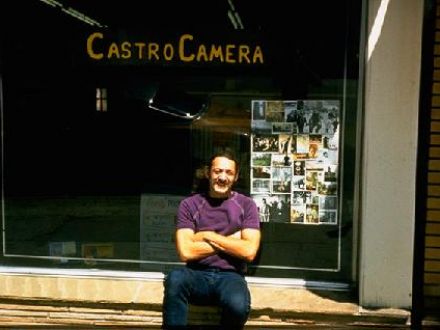
In 1972, Harvey moved to San Francisco. He opened a camera shop on Castro Street. While there, he revived the Castro Street Village Association of local merchants. He was soon very well-liked and known for his good nature and sense of humor. The Castro Camera shop became a neighborhood center.
Milk grew as a leader and activist. In 1973, he decided to run for the San Francisco Board of Supervisors as an openly gay candidate. He lost the election. He ran again, and lost again, in 1975. He didn't give up and ran once again in 1977. By this time, he was a large force in politics and a well spoken leader for the gay community. This time he won!
The election made world-wide news. It was a great victory for him and the LGBT community.
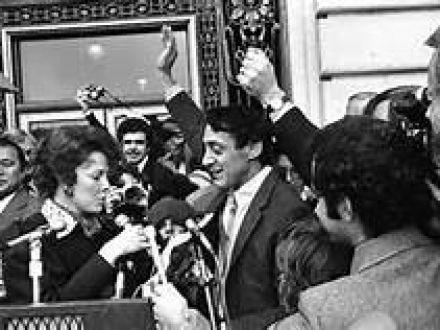
Chapter Four
"If a bullet should enter my brain, let that bullet destroy every closet door." - Harvey Milk
On November 27, 1978, Harvey Milk, along with George Moscone, the mayor of San Francisco, were assassinated in their offices. They were murdered by Dan White, a former member of the Board of Supervisors who had clashed with Milk during his time on the board.
Although his position was sadly short- while Harvey Milk had lived, he'd achieved much success for the people of San Francisco, California, and the nation.
He was instrumental in the passage of the gay rights law that prohibited unequal treatment or discrimination of employment, housing, based on sexual orientation.
He drew national publicity by leading a movement to defeat a state senate proposal to prevent gay and lesbians from teaching in public schools.
He brought diversity to a public that hid from it.
Chapter Five
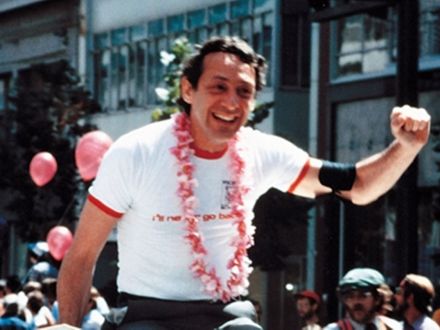
"Every gay person must come out. As difficult as it is, you must tell your immediate family. You must tell your relatives. You must tell your friends, if indeed they are your friends. You must tell the people you work with. You must tell people in the stores you shop in. Once they realize that we are indeed their children, that we are indeed everywhere... every myth, every lie, every innuendo will be destroyed once and all. And once you do, you will feel so much better." - Harvey Milk
President Obama awarded Harvey with the Presidential Medal of Freedom in 2009, posthumously, for his legacy in the promotion of tolerance and equality. Also, in 2009, Time magazine named him one of the most influential people of the 20th century.
The state of California named a holiday after him on his birthday, May 22. Every year the people of California and worldwide celebrate and honor his memory.
In August 2016, the United States Navy named a new military command ship The USNS Harvey Milk. It is the first ship to be named after a member of the LGBT community. It is hoped that this ship will take a message of equality all around the world.
Secretary of the Navy, Ray Mabus declared, "a more diverse force is a stronger force."
Resources
* milkfoundation.org:
Harvey Milk's dream for a better tomorrow, filled with hope for equality and a world without hate, guides the foundation.
* itgetsbetter.org:
Their mission is to communicate to LGBT youth around the world that it gets better, and to create and inspire the change needed to make it better for them.
* thetrevorproject.org:
The nation's only 24/7 crisis intervention and suicide prevention lifeline for LGBT and questioning young people, ages 13 to 24.
* 1-866-4-U-TREVOR (866-488-7386)
* Youth talk line, 1-800-246-PRIDE (800-246-7743)
Chapter Six
Harvey Milk had a dream of a better day for the people who were discriminated against. He fought for a world of tolerance, and for opportunity for all. He strived to give hope to a part of our society who never had anyone on their side.
The words of Harvey Milk still resonate today. We as a people lost a great man on November 27, 1978. He would be pleased to know that the work he was instrumental in starting continues today.
Epilogue
In 1974, The American Psychiatric Association declassified homosexuality as a mental disorder.
As of September 20, 2011, gays and lesbians are allowed to openly serve in the United States military.
In June, 2015, the freedom to marry was extended to gay and lesbian couples from coast to coast by the Supreme Court.
Works Cited:
Editors. "Harvey Milk Biography."Bio.com. A&E Networks Television, 29 July 2016. Web. 25 Oct. 2016.
"MilkFoundation.org" MilkFoundation.org RSS. N.p.,n.d. Web. 25 Oct. 2016
"Biography.com" biography.com/people/harvey-milk-9408170
"Human Rights Campaign" hrc.org
"National Public Radio" npr.org npr.org/artists/92518421/harveymilk
"The Evelyn and Walter Haas, Jr. Fund" haasjr.org


